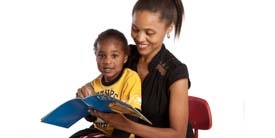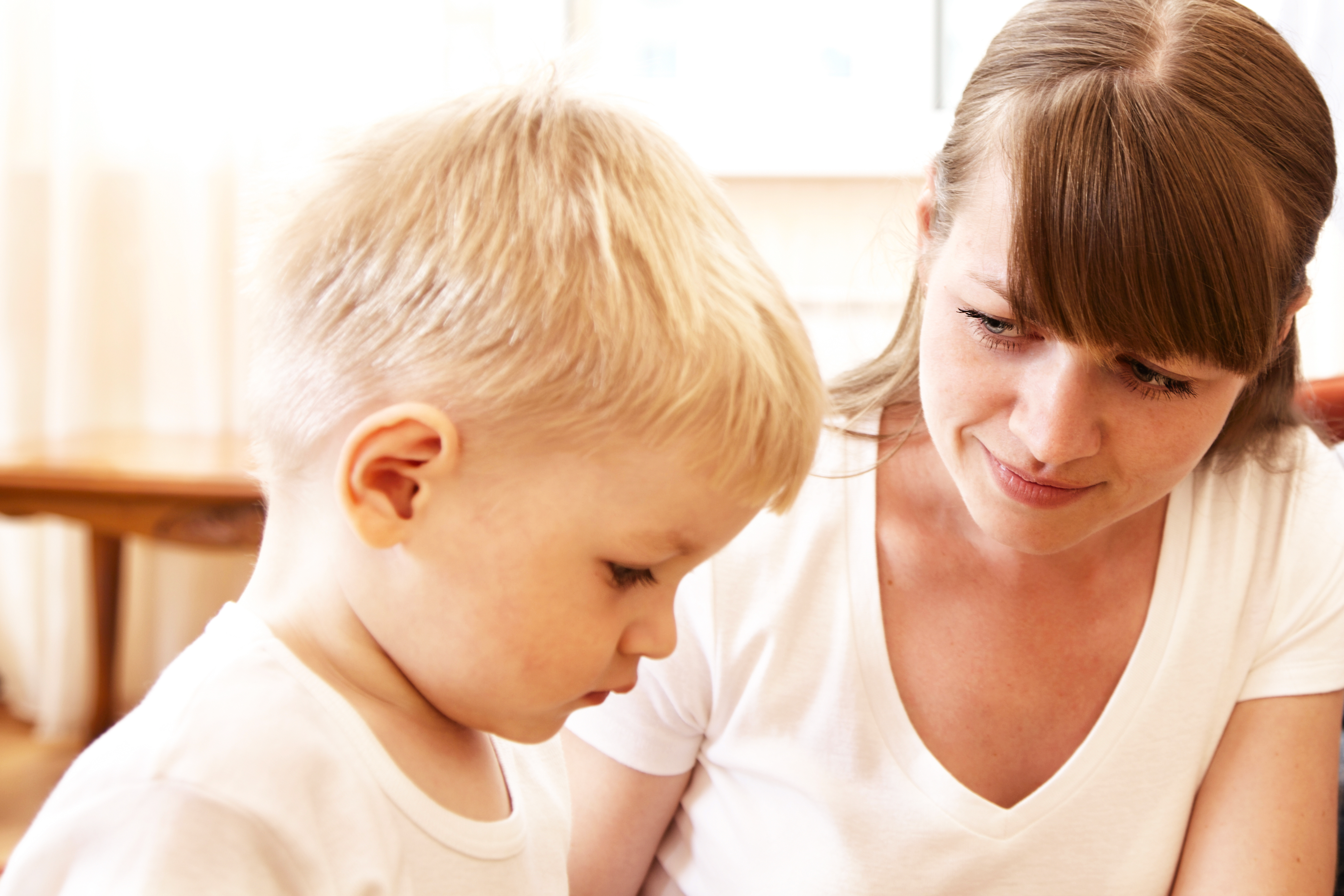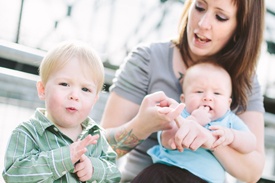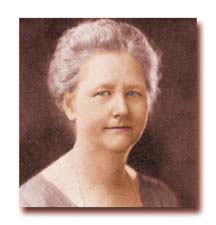In 2022, Brain Injury Awareness Month highlights #MoreThanMyBrainInjury by bringing awareness to some brain injury facts and statistics from the Brain Injury Association of America (BIAA).
Brain Injury Awareness and Recovery
Tags: Speech, Language, Communication, Brain Injury, talking, Communication Access, Speech therapy, Stroke recovery
Morning Communication Activities at Home
You may find it challenging to access beneficial resources that allow you to properly care for your loved one. We have researched some at-home activities that encourage communication for adults who are recovering from a stroke or maintaining skills after a neurodegenerative diagnosis. These morning activities consist of routines that get you both up and moving and allow for independent participation.
Tags: Speech, Language, Communication, Support, Caregiving, Brain Injury, Voice, talking, Speech therapy, Stroke recovery
Stroke Recovery: After the Hospital
Preparing to go home after a hospital stay is never easy, especially after having a stroke. It can be a very overwhelming process with new challenges in thinking, memory, and mobility. The length of your hospital stay after a stroke can range anywhere from a few days to months depending on the severity of the stroke and the support system in place at home. There are many feelings associated with going home, excited to be back home along with feelings of anxiety or worry.
Tags: Speech, Language, Communication, Support, Stroke, Brain Injury, talking, Speech therapy, Stroke recovery
Stroke Recovery: A Whole Life Approach
Welcome to the first of a blog series on stroke recovery resource information from Cleveland Hearing & Speech Center (CHSC). Topics of the series include first action steps following a stroke, benefits of speech therapy, communication strategies, tips for caregivers, and much more.
Tags: Speech, Language, Communication, Support, Stroke, Caregiving, Brain Injury, Voice, talking, Speech therapy, Stroke recovery
Build Better Reading Skills in Your Preschooler
Kick start your child’s pre-literacy and language skills by focusing on these areas while reading books with them. Children who develop these skills at an early age are more likely to become fluent readers and better spellers than children who do not. We define these skills as phonological awareness, which is the ability to recognize, manipulate, and use the sound structure of spoken language.
Tags: Speech, Language, Communication, reading, literacy, Learning, toddler, Early Intervention
Speech-Language Concerns? Don't Wait - Evaluate!
“They’re still young - let’s just wait and see.” Coming from a pediatrician, this phrase holds a lot of power over parents worried about their child’s speech and language skills. The parents may have expressed a concern that their two-year-old hasn't started talking yet, is only saying a few words, or is very hard to understand. When the pediatrician brushes it off as not a big deal, the natural response from parents is to trust someone they consider an expert.
Tags: Speech, Language, Communication, toddler, talking, Early Intervention
Baby Sign Language Improves Communication
Infant sign language really does deliver on its promise of improved communication. This is particularly appealing for new parents, given that there’s a well-recognized gap between what babies and toddlers want to say and what they are able to say. Sign language can help ease frustration between ages 8 months and 2 years — when children begin to know what they want, need, and feel but don't always have the oral motor verbal skills to express themselves. Basic sign language can help babies better express themselves as early as 8 or 9 months and it can mean decreased frustration (for both caregiver and child), promote earlier language skills and enhanced bonding with those who sign.
Tags: Speech, Language, Communication, American Sign Language, ASL, Learning, toddler, talking, Early Intervention, Communication Access, Baby Sign Language
Inspiration: A Century of Service at Cleveland Hearing & Speech Center
2021: A Century of Serving Northeast Ohio!
I couldn’t be prouder to lead an organization with a legacy and mission that have stood the test of time. Looking back, there is so much about our story that inspires me. This will be the first in a series of reflections to bring you along on the century-long journey of Cleveland Hearing and Speech Center (CHSC). As you read along, I hope you will share in my sense of awe and wonder as we embark on our second century of serving Northeast Ohio.
Tags: Hearing Aid, Audiology, Language, Hearing Aids, Communication, Hearing, Hearing Loss Prevention, Deaf, Hard of Hearing, Hearing Loss, Cochlear Implants, Deafness, Early Intervention, Communication Access
What is Dyslexia and How is It Treated?
Dyslexia is a specific learning disability that is neurological in origin. It is characterized by difficulties with accurate and/or fluent word recognition and by poor spelling and decoding abilities. These difficulties typically result from a deficit in the phonological component of language that is often unexpected in relation to other cognitive abilities and the provision of effective classroom instruction. Secondary consequences may include problems in reading comprehension and reduced reading experience that can impede growth of vocabulary and background knowledge.
Tags: Speech, Language, Communication, literacy, Wilson Reading Program, Learning, Dyslexia
“People Play” - Speech and Language Fun Time with Your Child
To get young children talking, we often motivate them by showing that “using your words” can get you what you want. A simple way to achieve this is through “People Play”. People Play describes “songs, games and activities in which the fun happens when the child interacts with another person” (The Hanen Program, More Than Words). So grab a blanket or a couch cushion and enjoy some of these great ways to play and interact that will also motivate your child to request more fun! The one-word language suggestions can always be lengthened into phrases or sentences depending on your child’s expressive language level.
Tags: Speech, Language, Communication, Learning, toddler, talking


















